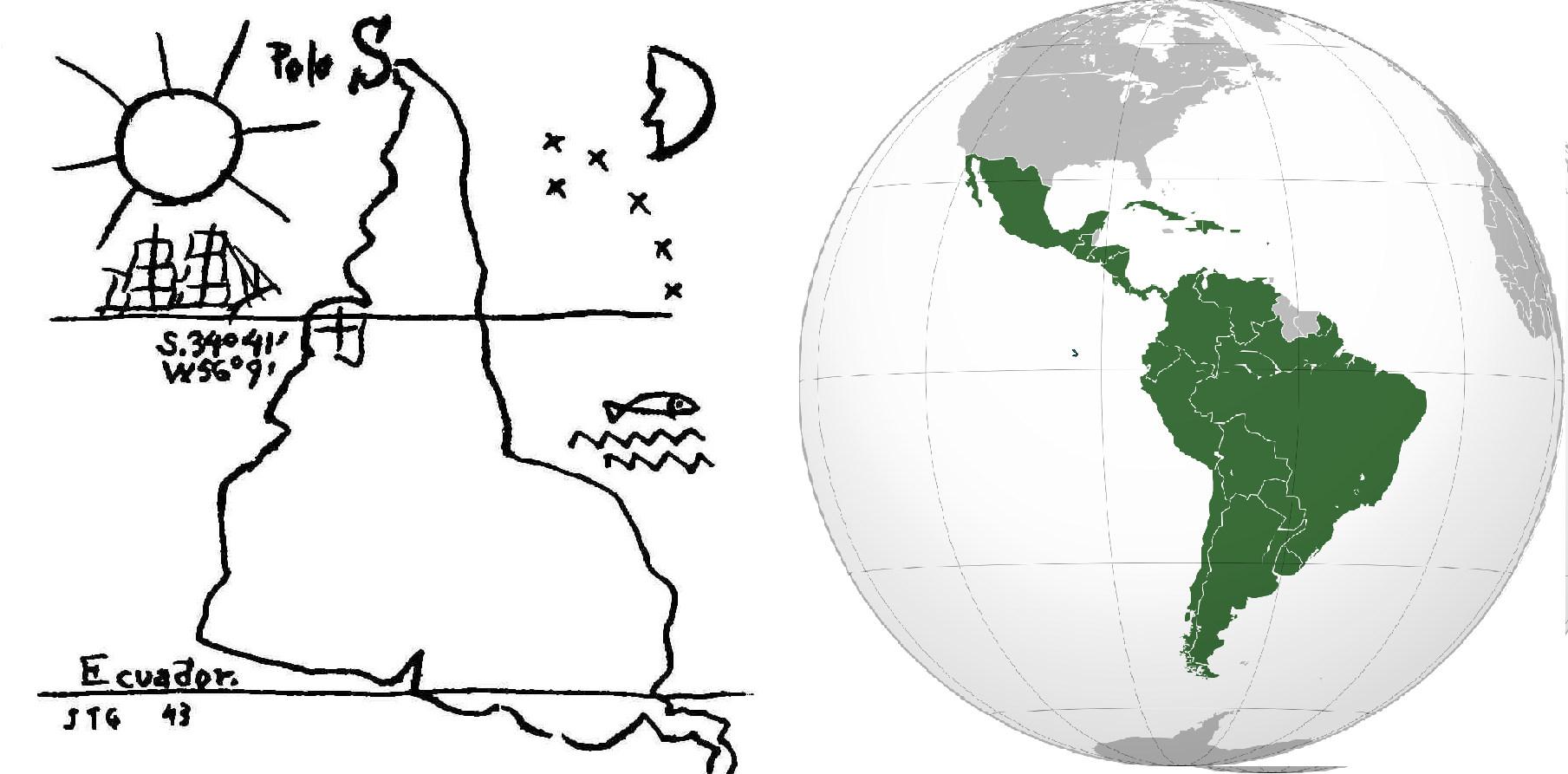Welcome to the Latin American and the Caribbean group (LAC) of ICOMOS international
 The term Latin America and the Caribbean (LAC) is an acronym referring to the Caribbean and Latin America region. The term LAC covers an extensive region, extending from Bahamas and Mexico to Argentina and Chile. Latin America consists of 20 countries and 14 dependent territories, and as of 2nd March 2020, its population was estimated at more than 652 million. In these countries, Romance languages such as Spanish and Portuguese are predominantly spoken. There are 19 ICOMOS National Committees in Latin America and the Caribbean. Within the informal framework of the ICOMOS LAC Group, these Committees cooperate bilaterally, multilaterally, at sub-regional and regional level – and actively participate in ICOMOS’ international activities, in particular with the International Scientific Committees (for whom some Committees have national mirror Scientific Committees).
The term Latin America and the Caribbean (LAC) is an acronym referring to the Caribbean and Latin America region. The term LAC covers an extensive region, extending from Bahamas and Mexico to Argentina and Chile. Latin America consists of 20 countries and 14 dependent territories, and as of 2nd March 2020, its population was estimated at more than 652 million. In these countries, Romance languages such as Spanish and Portuguese are predominantly spoken. There are 19 ICOMOS National Committees in Latin America and the Caribbean. Within the informal framework of the ICOMOS LAC Group, these Committees cooperate bilaterally, multilaterally, at sub-regional and regional level – and actively participate in ICOMOS’ international activities, in particular with the International Scientific Committees (for whom some Committees have national mirror Scientific Committees).
The LAC Group holds an annual meeting and a bi-annual scientific Symposium, hosted on a rotational basis by one of the Committees, and a working meeting during the ICOMOS General Assemblies.
The main objectives for the work of the group are:
- To articulate actions among National Committees (NC) of the region
- To give visibility to the cultural heritage diversity of the region
- To strengthen relation with other regions
Bienvenidos al Grupo Latinoamericano Y Del Caribe (LAC) De ICOMOS Internacional
El término Latinoamerica y el Caribe (LAC) es un acrónimo que se refiere a la región de Latinoamerica y el Caribe. El término LAC comprende una extensa región que se extiende desde las Bahamas y México hasta Argentina y Chile. Latinoamerica comprende 20 países y 14 territorios dependientes, y al 2 de marzo del 2020 su población estimada es más de 652 millones. En estos países se hablan las lenguas romances español y portugués en su mayoría.
La región de Latinoamerica y el Caribe cuenta con 19 comités nacionales. Dentro de este marco informal de trabajo llamado grupo LAC, estos comités cooperan de forma bilateral, multilateral en un nivel subregional y regional y participan activamente de las actividades de ICOMOS internacional, en particular con los Comités Científicos Internacional (para los cuales algunos Comités tienen los llamados comités científicos espejos). El grupo LAC se reúne anualmente y cada dos años en el Simposio Científico, y durante la Asamblea General de ICOMOS.
Los principales objetivos que el grupo se propuso son:
- Articular acciones entre los diversos Comités Nacionales de la región
- Dar visibilidad a la diversidad cultural patrimonial de la región
- Profundizar relaciones con otras regiones
More
![]()
Addresses andc ontacts of ICOMOS National Committees
